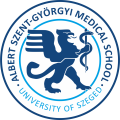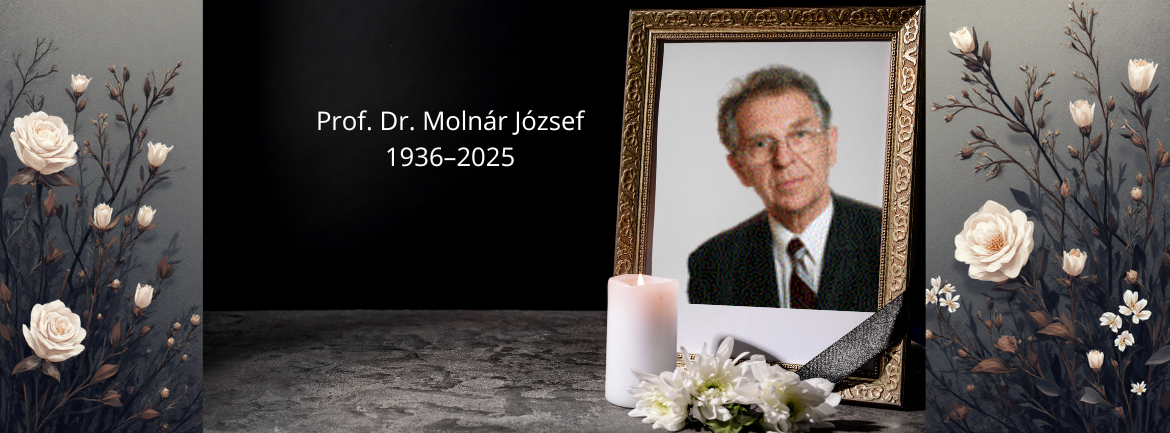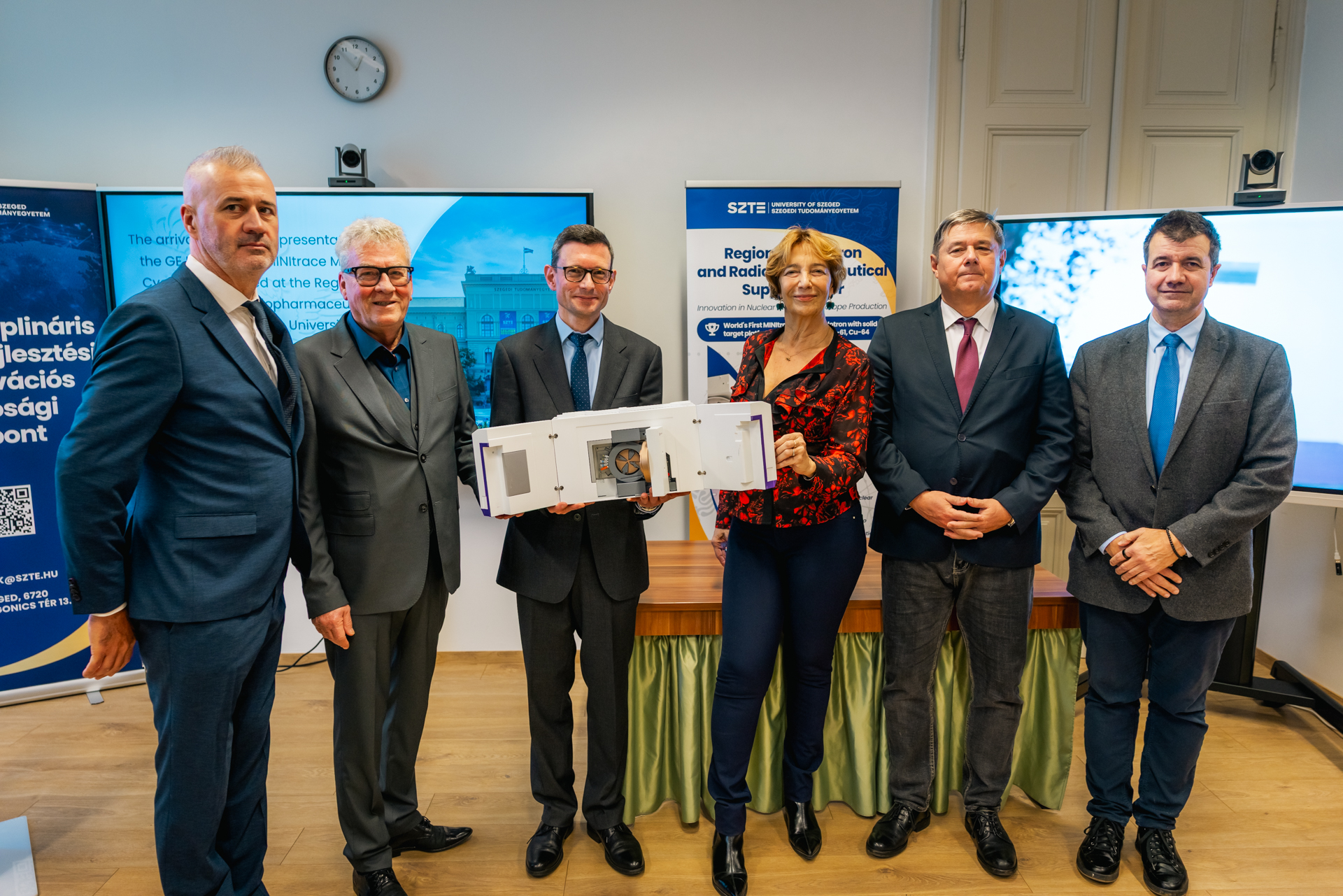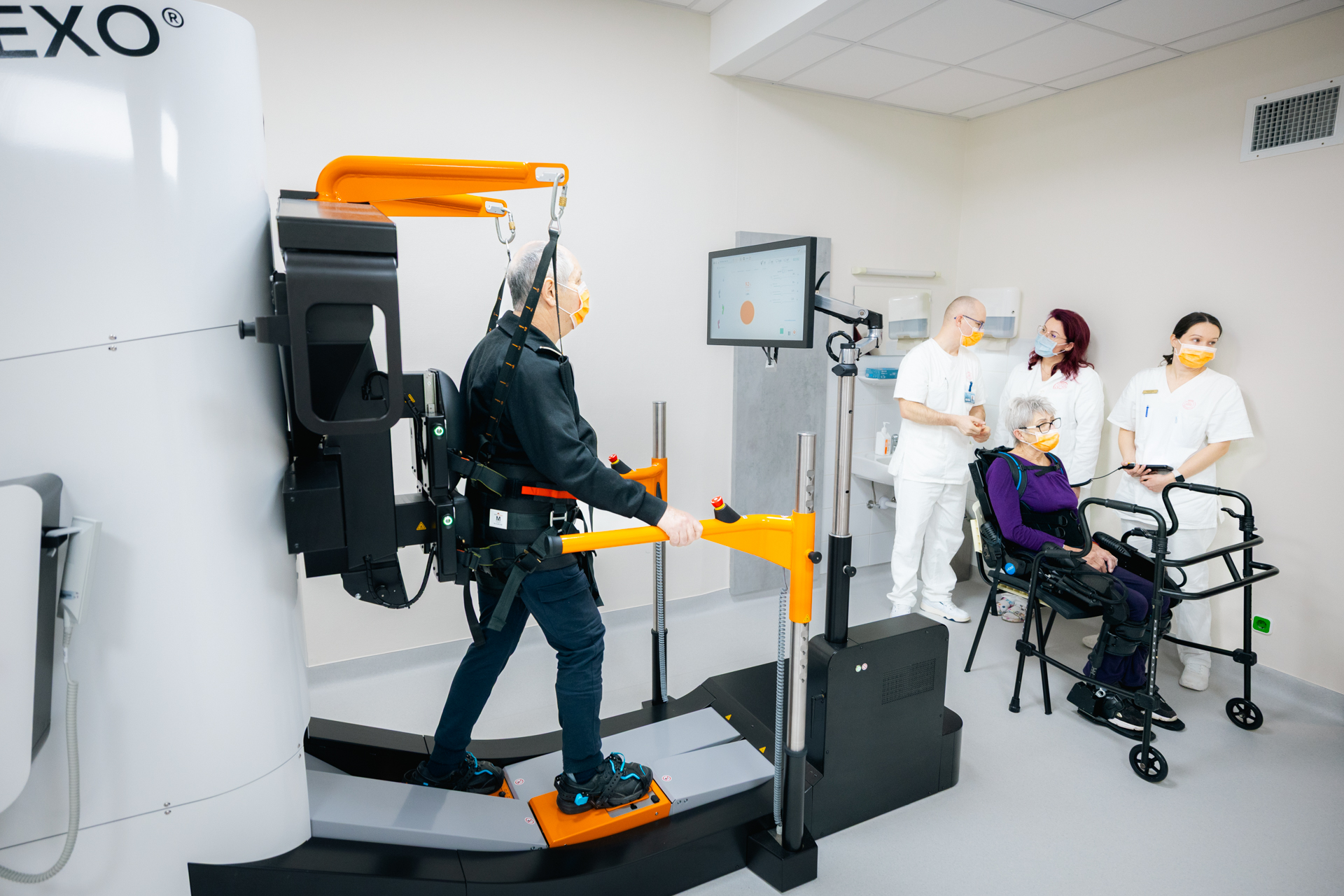University of Szeged
Albert Szent-Györgyi Medical School
Foreign Students' Secretariat
Your Education. Our Mission.
Botros Mekhael

What was your first impression of the University? How were your first weeks, months?
Botros Mekhael (3rd year student, Egypt): “WOW! That’s quite a lot.” I couldn’t believe the amount of information and details that this university took care of in academics. It took me a few months to understand the system and how everything works and fits together and that made the first few months a bit challenging academically but it is much better now. Definitely learned how to manage my time, priorities and studies but that as well comes with the whole experience.





